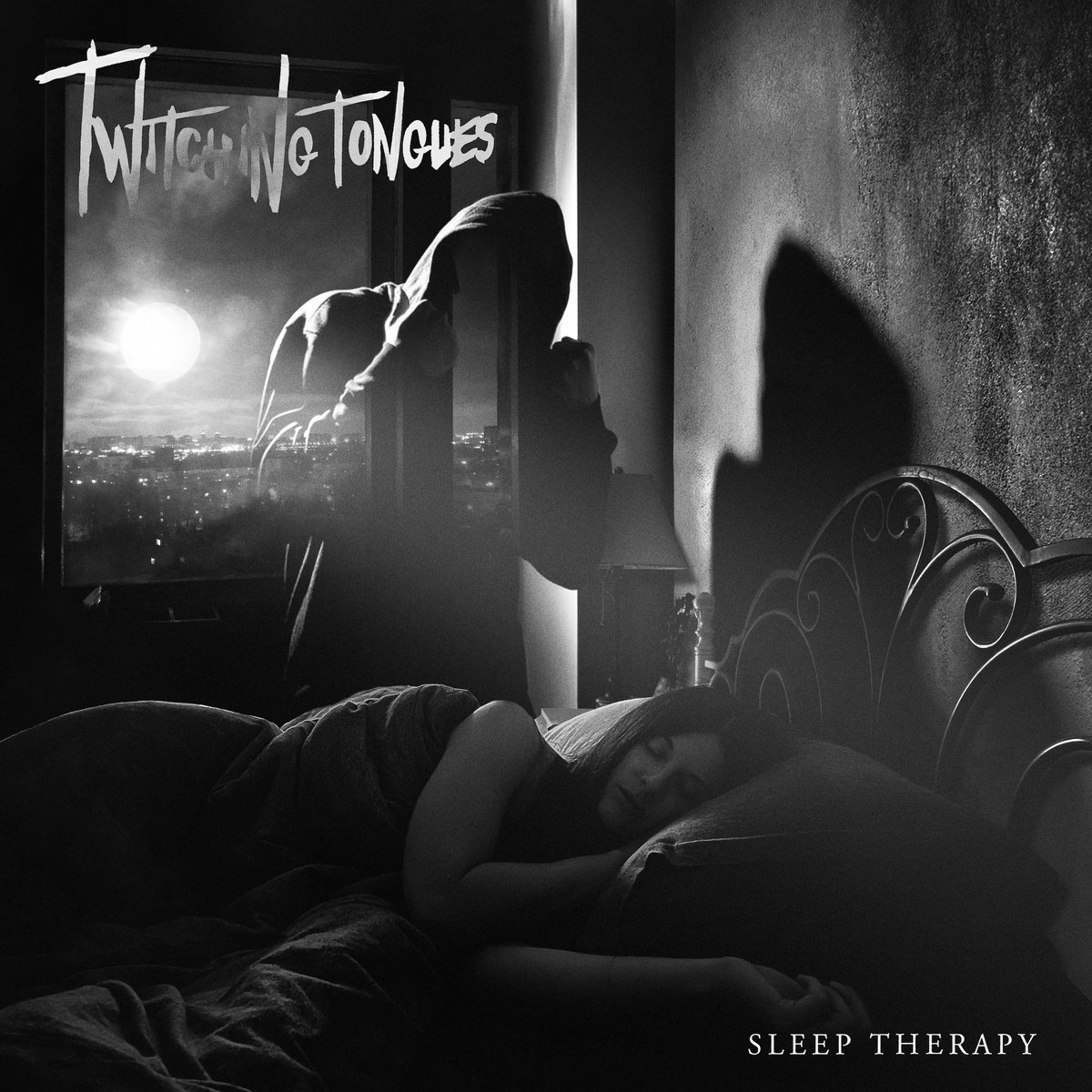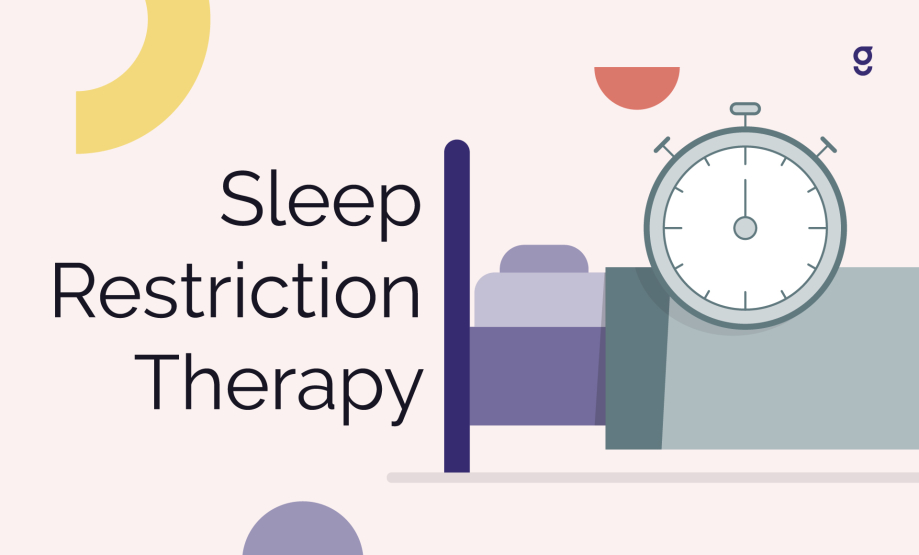Reliable Therapy Solutions for Handling Sleep Disorders and Enhancing Peaceful Rest
In the realm of healthcare, the administration of sleep disorders and the quest for peaceful rest are critical elements of overall wellness. Effective therapy options use a diverse method to tackle these difficulties, ranging from cognitive behavioral interventions to holistic techniques that promote relaxation and mindfulness. The expedition of numerous methods, including the assimilation of medicine and light treatment, opens a world of opportunities in the search of better sleep high quality. As we navigate the detailed landscape of sleep problems and look for to boost our sleep experience, a deeper understanding of these therapy remedies might hold the trick to unlocking a more relaxing and meeting restorative trip.
Cognitive Behavior Modification for Sleeplessness (CBT-I)
Cognitive Behavior Therapy for Sleep Problems (CBT-I) is a structured, evidence-based therapy method that concentrates on dealing with the underlying factors adding to rest disruptions. This sort of therapy intends to change actions and thoughts that intensify insomnia, ultimately advertising healthy and balanced sleep patterns. CBT-I normally entails numerous key components, consisting of cognitive treatment, rest constraint, stimulus control, and rest health education and learning.
Cognitive treatment helps people recognize and change negative thought patterns and ideas about rest that might be hindering their ability to fall or remain asleep. Sleep limitation entails restricting the quantity of time invested in bed to match the individual's actual sleep period, therefore increasing rest performance (sleep improvement therapy). Stimulation control techniques aid establish a solid organization in between the bed and sleep by motivating individuals to head to bed just when sleepy and to prevent involving in promoting tasks in bed
Furthermore, rest hygiene education concentrates on creating healthy sleep routines, such as maintaining a constant sleep routine, creating a relaxing bedtime routine, and enhancing the rest atmosphere. By resolving these variables adequately, CBT-I supplies a reliable non-pharmacological treatment for handling sleep problems and enhancing general rest top quality.
Sleep Health Practices
Having developed the structure of cognitive restructuring and behavior alterations in attending to sleep problems with Cognitive Behavioral Therapy for Sleeping Disorders (CBT-I), the focus currently shifts towards checking out crucial Rest Health Practices for keeping optimum sleep high quality and general wellness.
Rest health practices include a variety of behaviors and ecological variables that can significantly affect one's ability to sleep and remain asleep throughout the night. Constant sleep and wake times, creating a relaxing bedtime routine, and maximizing the sleep environment by maintaining it dark, silent, and cool are important parts of excellent rest hygiene. Restricting direct exposure to screens before going to bed, preventing stimulants like high levels of caffeine close to bedtime, and engaging in regular exercise throughout the day can also promote far better sleep quality.
Moreover, exercising leisure methods such as deep breathing exercises or meditation before bed can assist relax the mind and prepare the body for sleep. By incorporating these rest hygiene practices into one's day-to-day regimen, people can establish a healthy and balanced sleep pattern that sustains restful sleep and general well-being.
Leisure Methods and Mindfulness
Carrying out relaxation techniques and mindfulness practices can play a crucial function in fostering a sense of calm and advertising quality sleep. In addition, assisted images can help move people to a relaxed place in their minds, assisting in anxiety reduction and improving sleep high quality.
Mindfulness techniques, this content such as reflection and yoga, are also effective in advertising leisure and improving sleep. Mindfulness encourages people to stay existing in the minute, allowing go of stress over the past or future. By incorporating these techniques right into a bedtime routine, individuals can signify to their bodies that it is time to take a break and prepare for sleep. In general, integrating relaxation methods and mindfulness practices can considerably contribute to taking care of rest conditions and enhancing general sleep quality.

Medicine Options for Sleep Disorders
After checking out leisure strategies and mindfulness methods as non-pharmacological interventions for boosting sleep high quality, it is crucial to take into consideration medication options for people with sleep disorders. In cases where way of life modifications and treatment do not offer sufficient relief, medication can be a beneficial device in taking care of sleep disturbances.
Generally prescribed drugs for rest disorders consist of benzodiazepines, non-benzodiazepine hypnotics, antidepressants, and melatonin receptor agonists. Benzodiazepines, such as diazepam, are sedatives that can aid induce rest, however they are normally suggested for short-term usage as a result of the risk of dependence. Non-benzodiazepine hypnotics like zolpidem are also used to deal with insomnia and have a reduced risk of dependancy contrasted to benzodiazepines. Antidepressants, such as trazodone, can be beneficial for people with co-occurring anxiety and rest disturbances. Melatonin receptor agonists, like ramelteon, target the body's natural sleep-wake cycle and can be useful for managing sleep patterns.
It is important for people to consult with a doctor to establish the most suitable medication choice based upon their specific sleep disorder and medical background.
Light Therapy for Circadian Rhythm Regulation
Light therapy, also called photo-therapy, is a non-invasive therapy technique utilized to regulate body clocks and improve sleep-wake cycles. This treatment involves direct exposure to intense light that imitates all-natural sunlight, which helps to reset the body's biological rhythm. By revealing people to specific wavelengths of light, normally in the early morning or night depending on the desired impact, light therapy can properly readjust the circadian rhythm to promote wakefulness during the day and boost relaxing rest in the evening.
Study has actually shown that light treatment can be specifically helpful for individuals with circadian rhythm conditions, such as postponed sleep phase syndrome or jet lag. It can additionally be handy for those experiencing seasonal affective disorder (SAD), a sort of anxiety that usually occurs throughout the wintertime months when all-natural light exposure is minimized. Light therapy is normally well-tolerated and can be utilized combined with other treatment methods for rest conditions to enhance results and enhance overall rest high quality.
Verdict
In verdict, reliable treatment options for taking care of rest disorders and improving peaceful sleep include Cognitive Behavior modification for Sleeping Disorders (CBT-I), sleep health techniques, leisure strategies and mindfulness, medicine options, and light treatment for circadian rhythm policy. These methods can help people improve their sleep high quality and total health. It is important to talk to a medical care provider to determine one of the most suitable technique for attending to rest problems.
As we navigate the elaborate landscape of rest conditions and seek to boost our sleep experience, a deeper understanding of these therapy solutions might hold the key to unlocking a more refreshing and fulfilling corrective check my site journey.
Rest constraint involves limiting the amount of time invested in bed to match the individual's actual rest period, thus raising sleep effectiveness. Consistent rest and wake times, developing a relaxing going to bed regimen, and enhancing the sleep setting by maintaining Check This Out it dark, peaceful, and cool are vital elements of great sleep health. Light therapy is typically well-tolerated and can be utilized in combination with various other therapy approaches for sleep disorders to optimize results and improve overall rest high quality.
